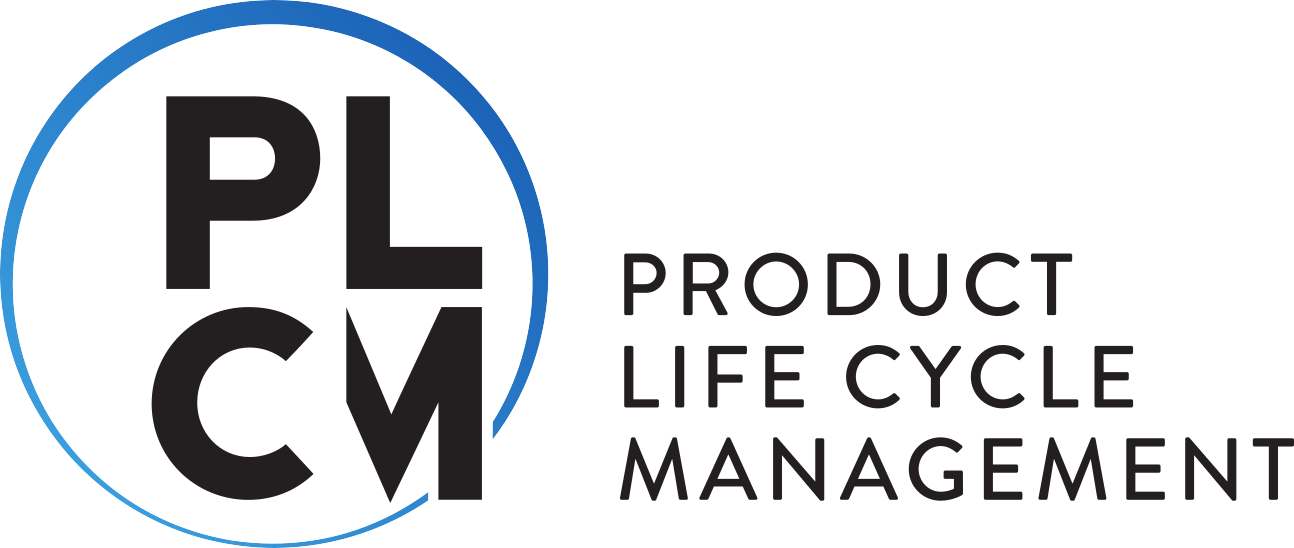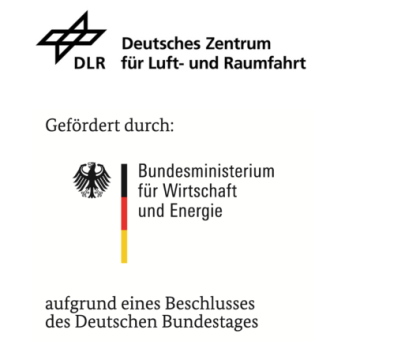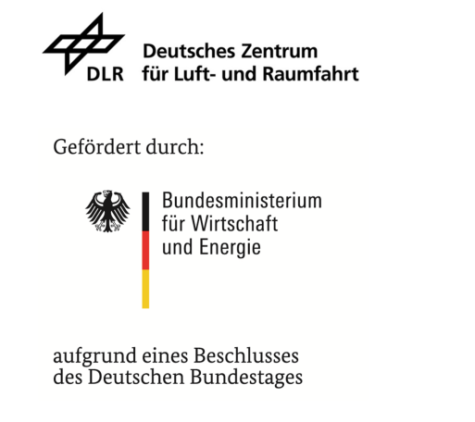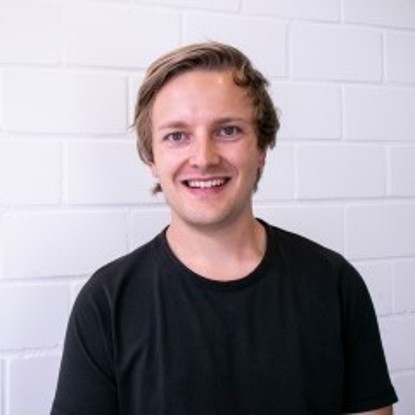We do not consider this impossible! It is expected that one day satellites can be produced in orbit. The question is not “if” but “when”. This question is the starting point of the joint project “Space Factory 4.0”, which will be funded from 1st December for one year by the German Aerospace Center (Deutsches Zentrum für Luft- und Raumfahrt – DLR) and the Federal Ministry for Economic Affairs and Energy (BMWi).
The joint project deals with the basic development for the robotic assembly of highly modular satellites on an in-orbit platform based on „Industrie 4.0” processes. The Technische Universität Darmstadt, the Technische Universität München and the Zentrum für Telematik (ZfT) in Würzburg are involved in Space Factory 4.0. Furthermore, three companies from the aerospace industry, OHB System, Von Hoerner & Sulger (VH&S) and Telespazio VEGA Germany are taking part in this project.
TU Darmstadt, represented by the Department of Computer Integrated Design (Datenverarbeitung in der Konstruktion – DiK) of Prof. Anderl, is the project coordinator of “Space Factory 4.0”. Within the joint project, DiK will develop innovative processes based on the latest findings from the introduction of Industrie 4.0 in Germany for the assembly of highly modular satellites. At that, the approach of the digital twin plays an essential role.
The research goals of the “Space Factory 4.0” for the FG DiK are:
- Process and Support Systems: An integrated overall process “Space Factory 4.0” is being investigated for the production or assembly of small satellites using a modular module. This process builds on best practices from the “Guideline Industrie 4.0” and extensive experience in successful space missions documented by ECSS standards.
- Digital Twin – Another goal is the development, conception and prototype implementation of a digital twin from a small satellite. The Digital Twin technology aims to support the integrated overall process “Space Factory 4.0” through the life cycle of small satellites.
- Automated testing & check-out: The implemented digital twin from the small satellite will be used to develop a concept that enables the automatic execution of tests in the integration process.
- Support and ground infrastructure: Examine the necessary infrastructure for the check-out system to perform functional tests. The reuse of software modules is examined.







